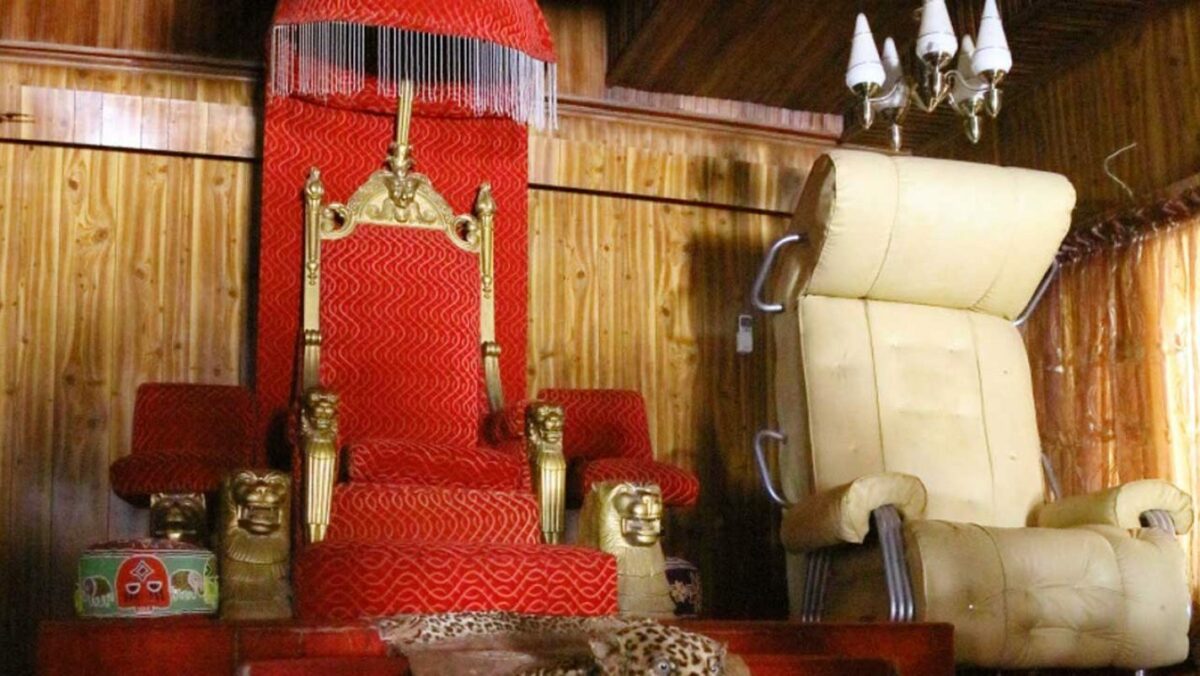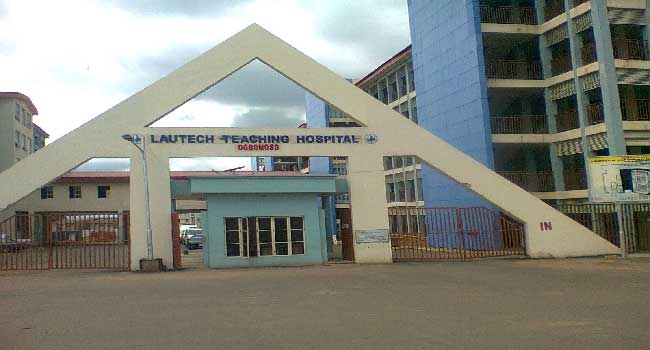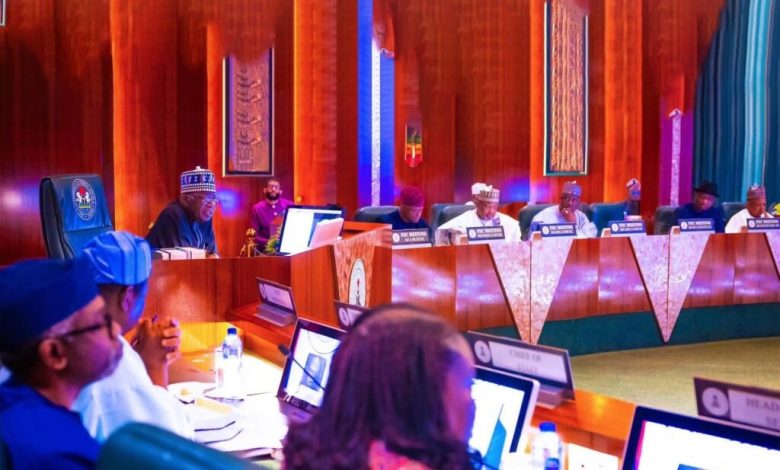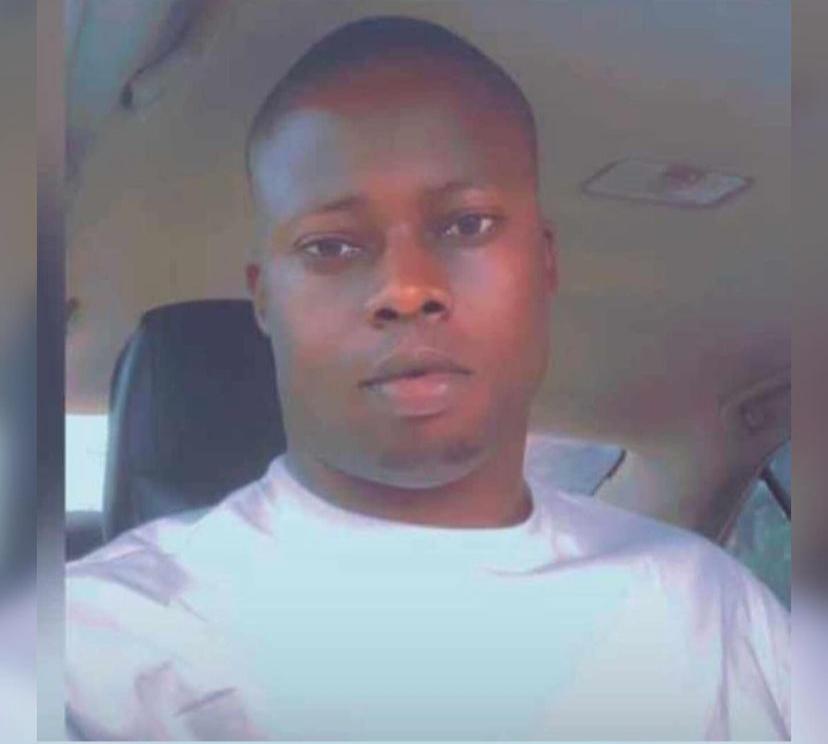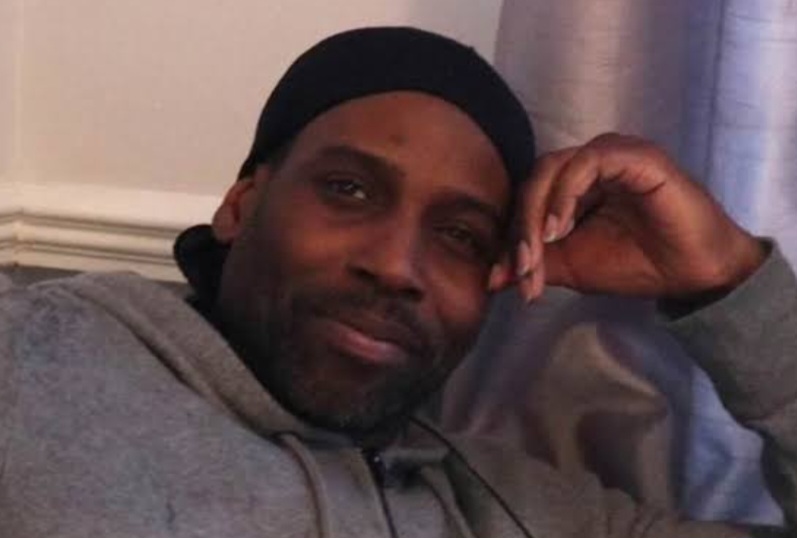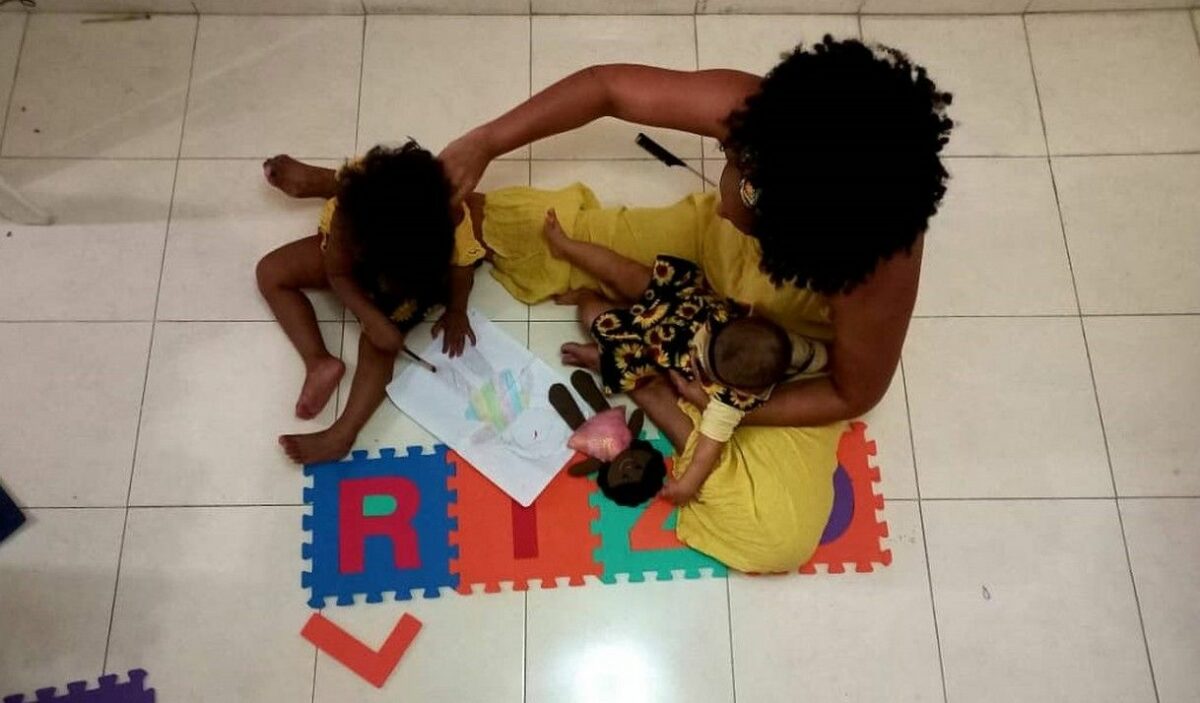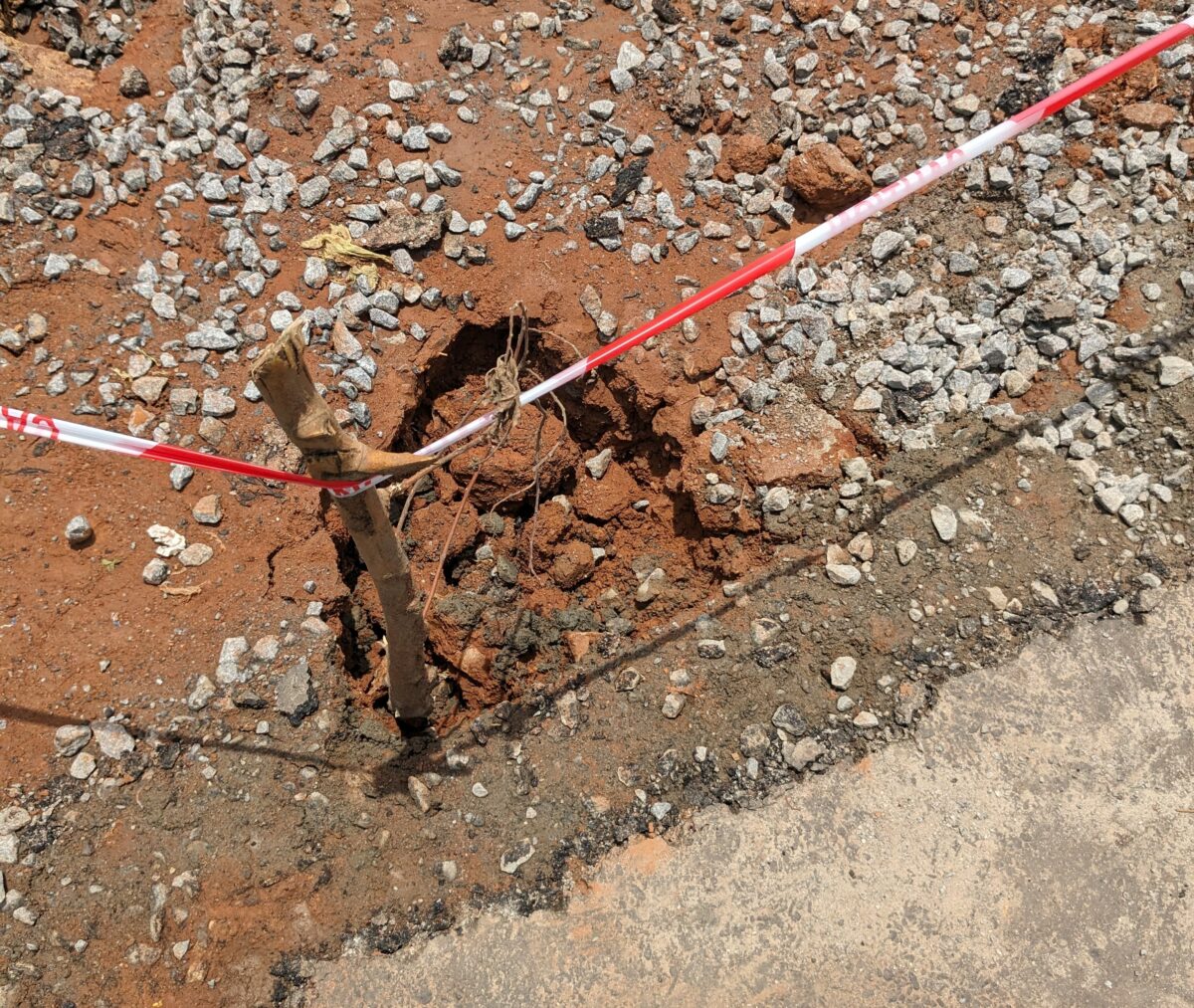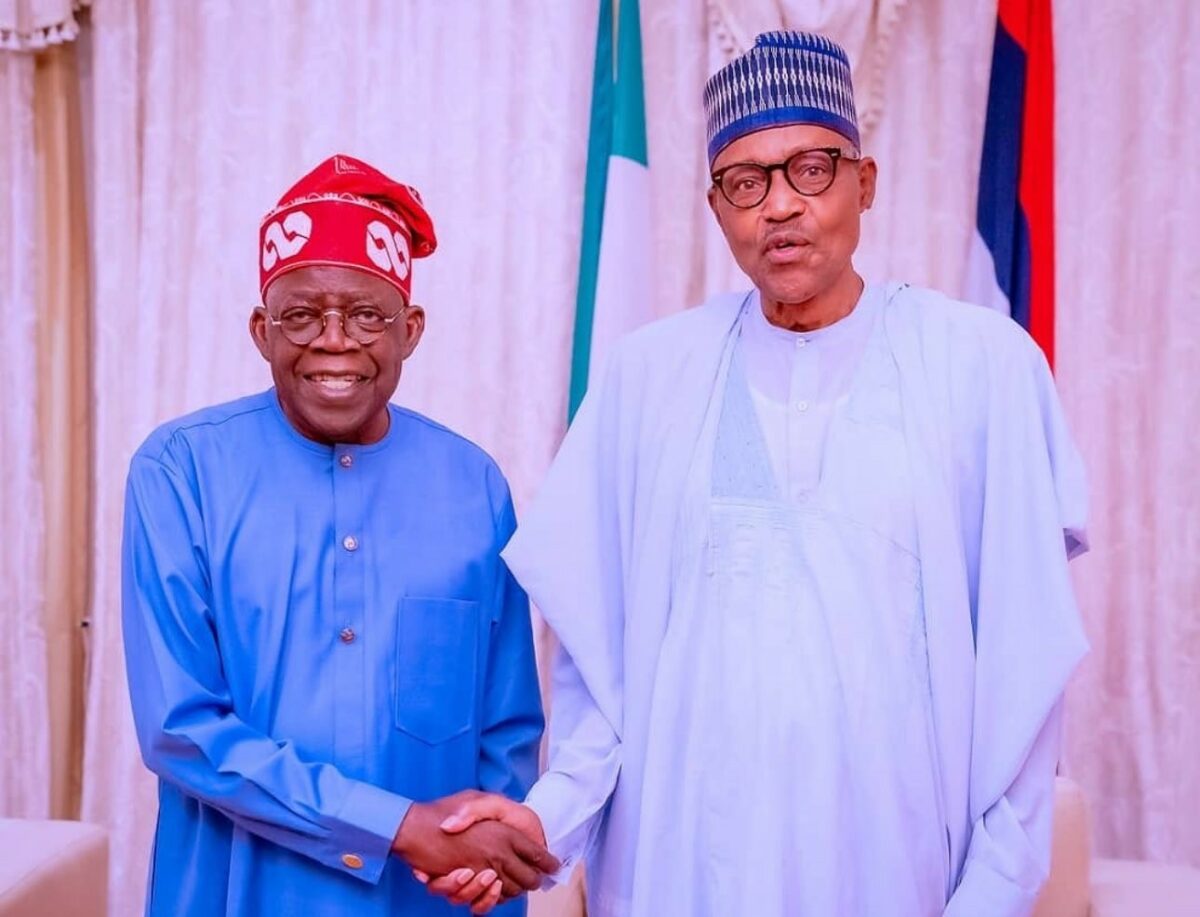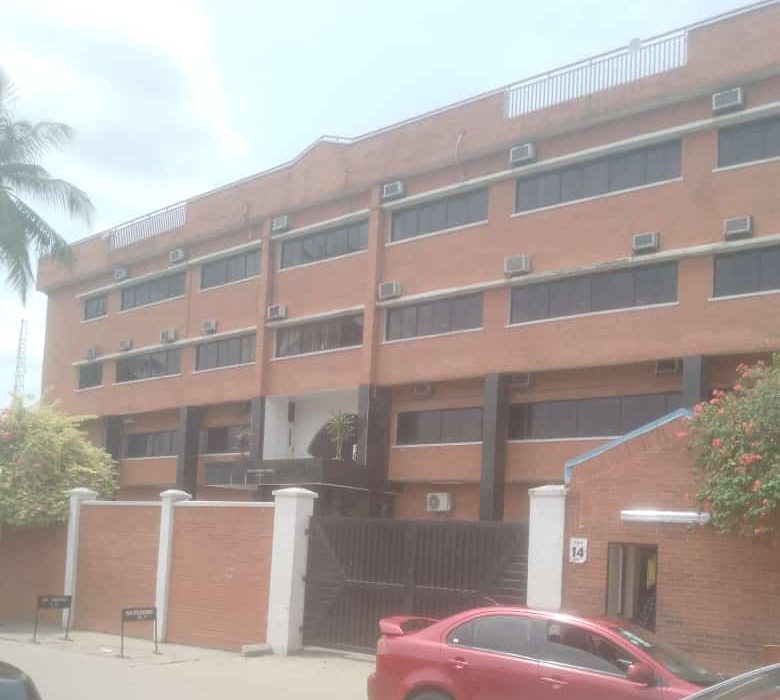Ethiopia is fighting a civil war that has killed over 10,000 people since November 2020. War crimes have been committed by all parties involved in the Tigray War and there is a colossal humanitarian crisis taking shape in the Tigray region of Ethiopia.
Like many civil wars, the seed of the Tigray War was planted in the soil of ethnic strife and targeted marginalisation. The political problem of a region’s desire to break away from a country after a brief disagreement in government has once again thrown an African nation into another major armed conflict.
The 1995 Constitution of Ethiopia states, in Article 39, Section 1, that “Every Nation, Nationality, and People in Ethiopia has an unconditional right to self-determination, including the right to secession”, but the Ethiopian government is not willing to let Tigray act independently without a bitter bloody fight.
READ ALSO: CLOSE-UP: He Played a President on TV. Now, He’s Ukraine President Volodymyr Zelenskyy
What does Ethiopia want in this civil war and why are the horrible realities of the war less known to most people today?
A SHORT POLITICAL HISTORY
Before the present-day civil war in Ethiopia, there was an Ethiopian civil war that claimed over a million lives between September 1974 and May 1991. A group of military officers overthrew Emperor Haile Selaisse and abolished the monarchy, forcefully instituting a socialist state. Guerilla warfare would continue and years of opposing clashes led to a famine. The famine culminated in about one million deaths from starvation.
After the war in 1991, Ethiopia became a one-dominant-party country and was led by the Ethiopian Peoples Revolutionary Democratic Front (EPRDF). EPRDF was a superstructure made up of a group of political parties in a coalition including the politically dominant Tigray People’s Liberation Front (TPLF).
In March 2018, the EPRDF executive committee members from the Amhara National Democratic Movement (ANDM), Oromo Peoples’ Democratic Organisation (OPDO), and Southern Ethiopian People’s Democratic Movement (SEPDM) elected OPDO chairman Abiy Ahmed as chairman of the executive committee. The dominant TPLF wanted Shiferaw Shigute to be elected chairman instead.
On April 2, 2018, the Ethiopian parliament elected Abiy Ahmed as prime minister. The TPLF continued to manage the regional government of the Tigray region and began to oppose the federal government on policies and national security for about three years.
Prime Minister Ahmed formed Prosperity Party (PP) in December 2019 and invited other parties, including opposition parties, to form a new coalition with PP. Relationship between the federal government and the Tigray regional government became very strained and tensions escalated between 2019 and 2020.
ELECTION, DISSENT, VIOLENCE
In March 2020, the National Election Board of Ethiopia (NEBE) failed to hold the Ethiopian general elections in August 2020 and postponed it indefinitely as a result of the COVID-19 pandemic. The tenures of the existing legislators and executives were extended due to the delayed elections. The TPLF said the decision was unconstitutional and held a regional election on September 9, 2020, independent of the federal government.
The Abiy-led government tagged the regional elections illegal and barred journalists from covering the elections. The federal government also withheld funds from the Tigray regional government.
In late September 2020, the TPLF stated that the constitutional term limit of the House of Federation, the House of Peoples’ Representatives (HoPR), the prime minister, and the Council of Ministers was October 5 2020 and proposed a technocratic caretaker government pending the time general elections were conducted.
The federal government, however, rejected the propositions of the Tigray Regional Government.
In November 2020, armed forces loyal to the TPLF attacked a federal military base in Tigray and claimed that it was a preemptive strike on federal forces planning to attack the region. Some hours later, Prime Minister Ahmed okayed a military offensive against the Tigrayan leadership.
Ahmed promised a quick and bloodless victory, but the TPLF and its armed foot soldiers fled to rural areas and the mountainous terrain.
NOBEL PEACE PRIZE WINNER OVERSEEING A WAR
Abiy Ahmed Ali was awarded the 2019 Nobel Peace Prize “for his efforts to achieve peace and international cooperation, and in particular for his decisive initiative to resolve the border conflict with neighbouring Eritrea”. Ahmed had been elected prime minister just over a year before he won the Noble Peace Prize and had made bold moves to pacify a largely multi-ethnic Ethiopia.
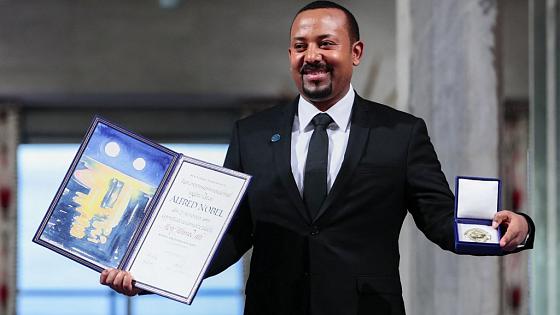
“I truly believe peace is a way of life. War, a form of death and destruction,” Ahmed said in his Nobel Peace Prize speech in 2019.
“But before there is peace in the world, there must be peace in the heart and mind. There must be peace in the family, in the neighborhood, in the village, and the towns and cities. There must be peace in and among nations.”
Ahmed also reiterated his promise to organise a free and fair 2020 general election in Ethiopia in his speech, but neither the election nor peace was achieved in 2020. The Nobel Peace Prize winner was forced to invade a region of his democratically governed country and initiated a civil war that has dragged on for two years.
WAR CRIMES
There have been allegations of ethnic massacres and “grave violations” of human rights around Ethiopia during the Tigray War, especially within the Tigrayan region. The Ethiopian Human Rights Commission reported profiling, assault and killings perpetrated in Western Tigray. The inhumane conducts were committed as part of “a widespread or systematic attack directed against a civilian population”.
“The conduct took place in the context of an armed conflict between the Federal Government’s National Defence Forces and the Tigray Regional Government’s security forces while the latter were retreating following a defeat; and perpetrators targeted civilian residents of Maikadra they profiled based on their ethnic origin,” EHCR wrote.
More reports of rape, looting, indiscriminate detention, and physical abuse of Tigrayans around Ethiopia or Ethiopians in Tigray.
A MAJOR HUMANITARIAN CRISIS LOOMS
The war crimes are currently the worst outcome of this civil war but a more problematic challenge is gestating within Ethiopia. The country is already quaking under famine and the resulting consequences of economic instability.
Many children are suffering from malnutrition and some who are unlucky die of starvation. Humanitarian aid cannot get to some of the most devastated parts of Ethiopia because relief workers have been prevented from reaching the hardest-hit areas. The federal government imposed a blockade on Tigray and this has kept help out of the area.
The World Food Program has said that 9.4 million people across northern Ethiopia need food aid. In western Tigray, ethnic Amhara militias have rendered tens of thousands of people homeless.
More outbreaks of ethnic violence have been experienced in other parts of Ethiopia, and a local insurgent group, the Oromo Liberation Army (OLA), has become a TPLF ally in the populous city of Oromo. There are more anti-government groups than the Ethiopian nation expected in a democratic dispensation.
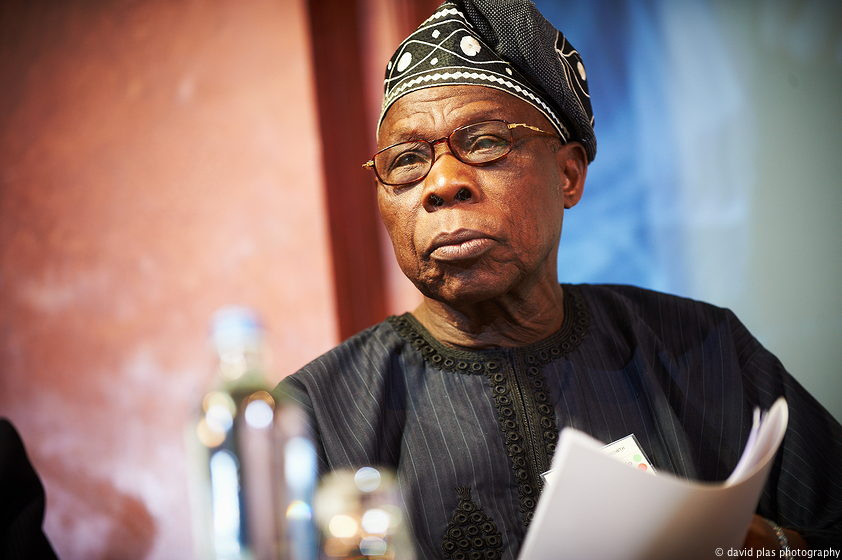
AFRICA’S BUSINESS
The Africa Union (AU) has intervened through several diplomatic approaches involving African leaders such as Olusegun Obasanjo, Former President of Nigeria. Obasanjo could not get definite agreements but expressed hope in a resolution soon.
Obasanjo’s statement on the prospects for peace in Ethiopia notes that common ground towards a peaceful resolution of the conflict can be reached. “The interlocutors I have engaged on all sides have stated their wish for peace, security, and stability in Ethiopia. The main point of difference between the actors is in the means by which they seek to achieve this essential objective,” Obasanjo said in November 2021.
READ ALSO: Lagos NURTW Breaks Away From National Body Following MC Oluomo’s Suspension
The AU believes that dialogue remains the only reliable and sustainable avenue to peace in Ethiopia, but some African countries fail to comment on the conflict to protect bilateral relationships with Ethiopia and Eritrea.
Obasanjo, acting in his capacity as high representative of the AU, has said that “there is no military solution to the conflict and battlefield victory cannot guarantee political stability in Ethiopia”.
MEDIA AND AWARENESS
Prime Minister Abiy had backtracked in his approach to the media in September 2020 when he prohibited journalists from going to Tigray to report the “illegal” regional elections.
Since the war began, the federal government has resorted to shutting down the internet in some areas, arresting journalists, and detaining protesters or critics. The blockade and violence prevent humanitarian aid from getting into, or information getting out of, the negatively impacted areas of Ethiopia many times.
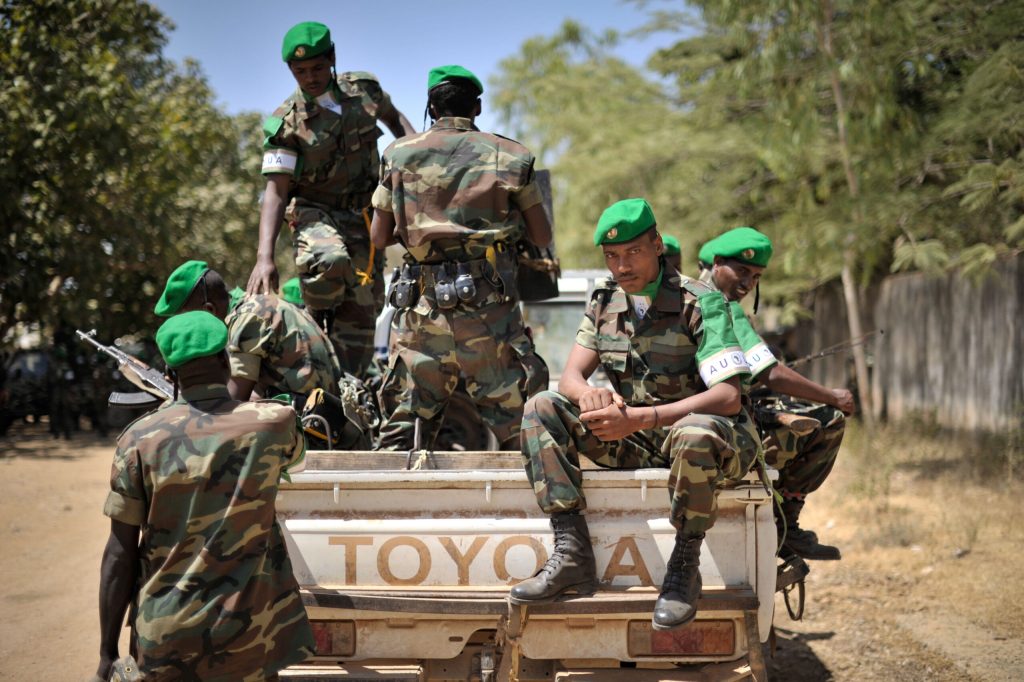
There have been suggestions of dialogue and diplomatic interventions which would resolve this conflict on paper, but in these times of indelible hostilities, it could take much more time for conversations to reach a genuine resolution.
Subscribe
Be the first to receive special investigative reports and features in your inbox.





